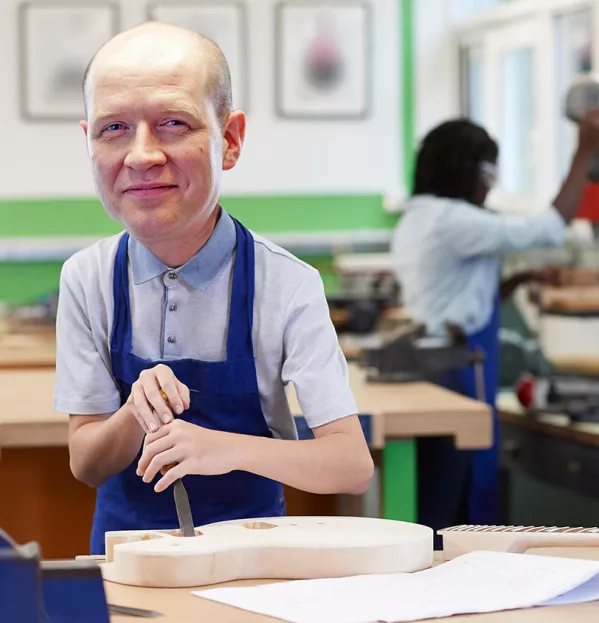Australian prime minister Scott Morrison was last week captured on camera as he displayed a common touch on a par with jewellery magnate Gerald Ratner admitting that he had been flogging “total crap” to his customers.
Morrison cut short a visit to a town ravaged by bushfires after he was heckled by residents, which further fuelled criticism of a government that appears hell-bent on playing down the connection between climate change and the blazes that are devastating Australia.
Young people were aghast on social media. For them, it was yet another example of the selfishness and complacence of older generations who are going to leave the children of today to contend with the devastated planet they leave behind. Greta Thunberg may be doing a sterling job of conveying young people’s collective anger, but ultimately her followers fear that the old men who still hold most of the real power are carrying on regardless.
How best can schools deal with climate change? Raising awareness does not seem to be the priority anymore - if last year’s climate strikes are anything to go by, young people are acutely aware of the dangers the world faces. Instead, schools are having to think about how they channel pupils’ bubbling anger and frustration.
The language used to describe events in Australia has been apocalyptic at times - rightly so, you could reasonably argue - but what sort of a response does this provoke in young people? It might inspire, but it could also induce hopelessness. The melting of permafrost and the immensity of Australia’s bushfires are almost incomprehensible in scale and severity. It all seems overwhelming at times, leaving many feeling like there’s little they can do other than throw up their hands in despair.
Recently, however, I’ve been hearing about what some Scottish schools have been doing to help pupils feel energised to do something about climate change. The key, they say, is to give pupils a sense of control.
One method has been to put pupils in direct contact with people in countries already profoundly affected by climate change. The drastic plight of many people in Africa, for example, has not received the same attention as the Australian fires, yet drought has devastated huge amounts of livestock in agrarian states and forced many thousands to flee their homes.
By opening an ongoing dialogue with people who are already suffering from the effects of climate change, the idea goes, students back here will become more energised. Witnessing and engaging with the individual human impact does more to inspire than a bombardment of doom-laden predictions about global catastrophe; the practical impact on the here and now is more likely to rally young troops than prophesising the gloomy fate of all humankind.
In a way, this sort of thing is nothing new. The best teachers have always found ways to break down big, daunting topics in ways that inspire even the most uncertain and reluctant of students. This challenge differs, however, from the tasks of deciphering calculus, the arcana of foreign languages’ grammar or the impact of the Treaty of Versailles: whether or not upcoming generations find the right answers to climate change has profound ramifications for all of us.
As always, we should acknowledge that teachers cannot alone solve any of the world’s great ills - nothing annoys teachers more than politicians offloading responsibility for their shortcomings onto them.
Nevertheless, it’s also an undisputable truth that when young people are worried about something, they often turn to a trusted adult in school for guidance. The skill of teachers may be needed now more than it ever was.
@Henry_Hepburn
This article originally appeared in the 10 January 2020 issue under the headline “Hope or despair: pupils’ reaction to the bushfires is in the balance”
